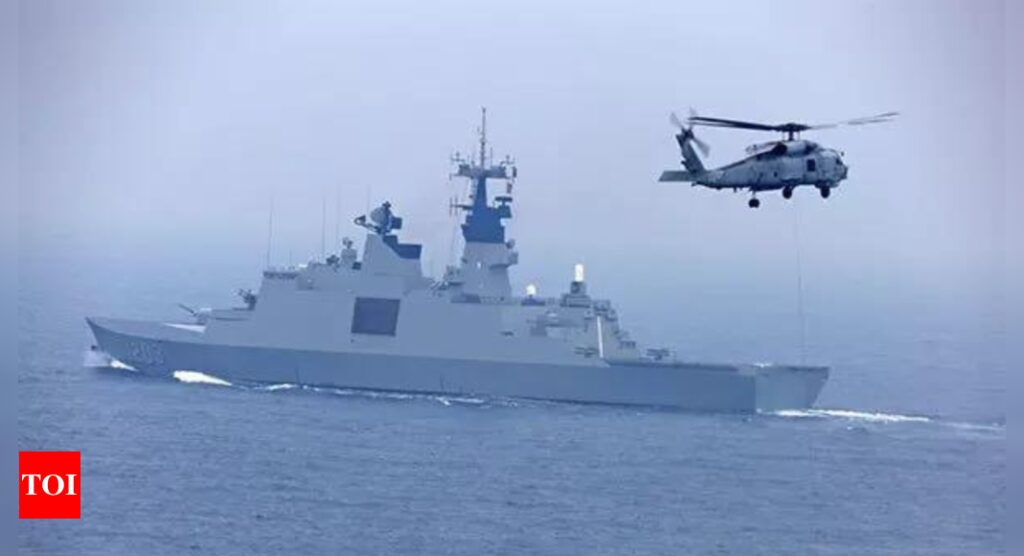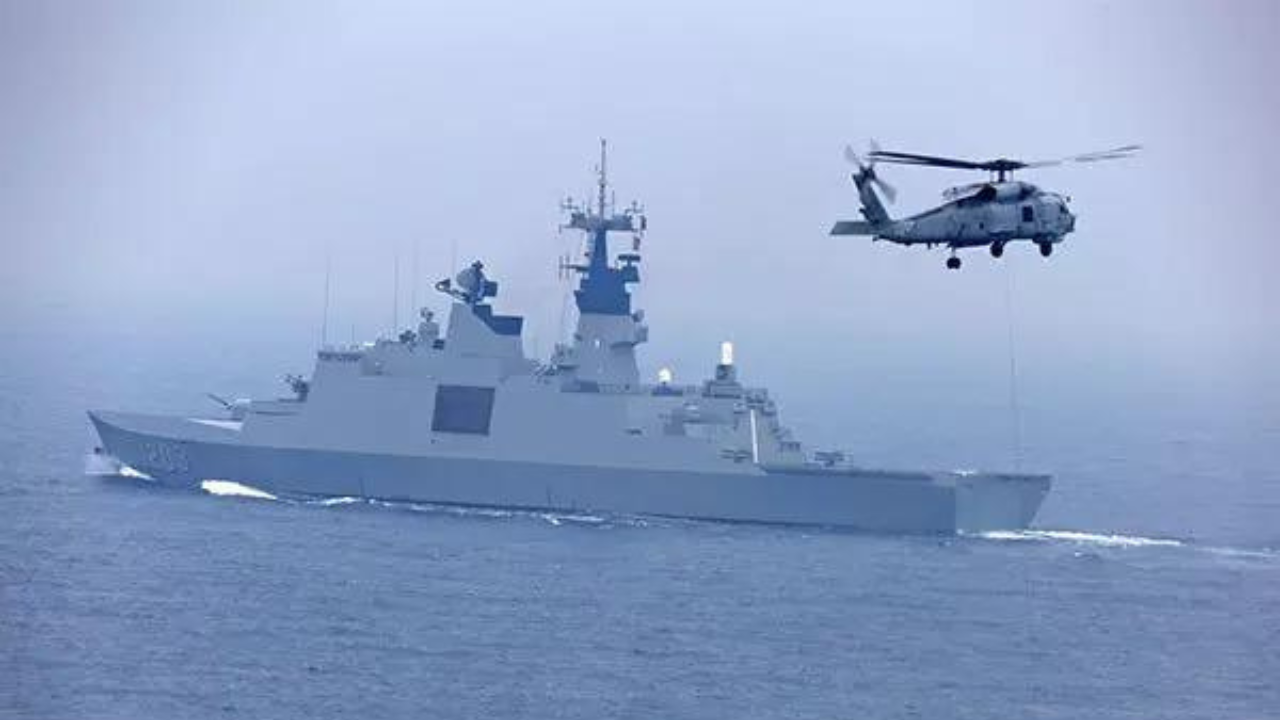Taiwan’s ministry of national defence (MND) reported the operation of seven Chinese military aircraft and five naval vessels near its territory early Saturday, as tensions in the Taiwan Strait persist.
“Seven PLA aircraft and five PLAN vessels operating around Taiwan were detected up until 6 am (UTC+8) today. One of the aircraft crossed the median line and entered Taiwan’s northern Air Defense Identification Zone (ADIZ). We have monitored the situation and responded accordingly,” the MND stated on X.
This marks a continuation of increased Chinese military activity in the region, following reports of similar operations in the preceding days. On Friday, Taiwan’s MND noted the presence of five Chinese aircraft and five naval vessels, and on Thursday, five PLAN vessels were detected operating near the island.
The Taiwan Strait remains a focal point of geopolitical tensions. Japan, a close neighbour and key ally of Taiwan, has expressed concern over the rising military activities in the region. Japanese foreign minister Iwaya Takeshi, in a meeting with his Chinese counterpart Wang Yi on Wednesday, reiterated the importance of peace and stability across the Taiwan Strait, emphasising its critical role in regional and global security.
Nato Secretary General Mark Rutte also voiced criticism of China’s actions, accusing Beijing of “bullying Taiwan” and seeking control of critical infrastructure in ways that could destabilise societies. He highlighted China’s expanding military capabilities, including its nuclear arsenal, as a cause for global concern.
“We need to be clear-eyed about China’s ambitions. China is substantially building up its forces, including its nuclear weapons with no transparency and no limitations. From 200 warheads in 2020, China is expected to have more than 1,000 nuclear weapons by 2030,” Rutte said.
China’s assertive stance
China views Taiwan as an integral part of its territory and has not ruled out using force to achieve reunification. Chinese military activities around Taiwan have been a consistent point of contention, with Beijing justifying its actions as necessary to safeguard national sovereignty and counter what it perceives as foreign interference, particularly from the United States.
In response to recent US military aid and arms sales to Taiwan, China imposed sanctions on seven American companies. The Chinese foreign ministry denounced the arms deals as violations of bilateral agreements and interference in China’s domestic affairs.
Taiwan’s stand
Taiwan has consistently condemned China’s military manoeuvres, asserting its right to self-defence and sovereignty. Officials argue that such actions threaten regional peace and disrupt international trade routes.
The island has garnered support from the US and other democratic allies, who advocate for maintaining the status quo and opposing unilateral changes through force.


